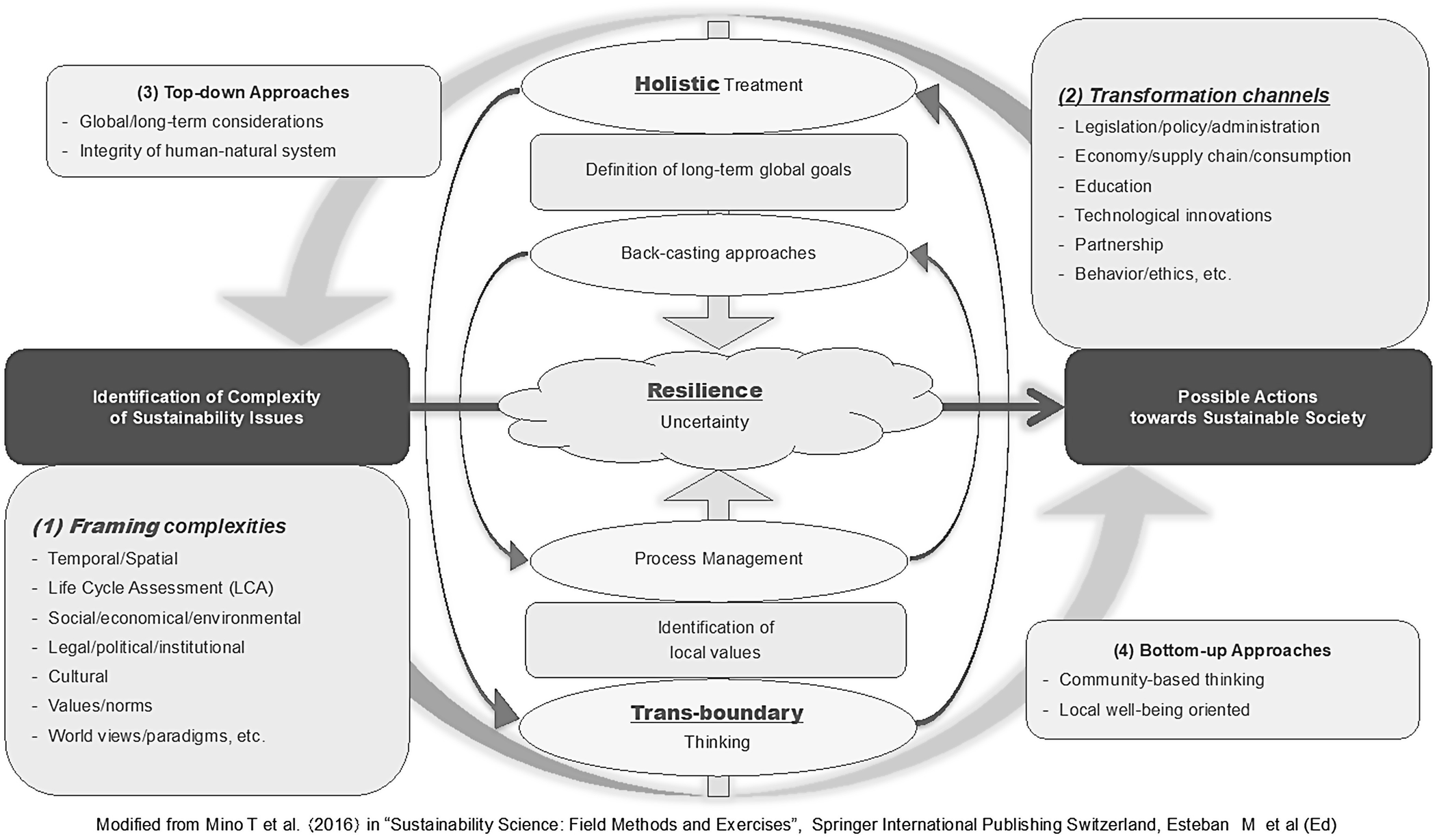
The Clinton campaign’s response? It tried to use Trump’s words against him, releasing a series of commercials showing Trump’s scandals spliced together – giving the public more chances to “think of an elephant.” Trump’s constant repeating of things like “Crooked Hillary,” according to Lakoff, was strengthening a particular frame, subconsciously causing us to view her in that way.īecause of concerns like these, Lakoff urged the Clinton campaign to follow a strategy akin to Trump’s: constantly repeat your position, and avoid repeating Trump’s false claims. Lakoff was worried that we were constantly thinking of elephants in the recent election cycle. In other words, if you say “don’t think of an elephant,” you can’t help but think of one. He consolidated his advice for Democrats in his book, Don’t think of an elephant! The title conveys one of its main insights: if you negate a frame, you strengthen a frame. And he has used his research to inform how Democrats can better frame their party positions. Lakoff researches how framing influences reasoning, or how the way we say something often matters much more than what we say. So he wrote an article called “ Understanding Trump” that details the ways in which Trump “uses your brain against you” – and sent it to every member of the Clinton campaign.


In March 2016, before Trump was selected as the Republican nominee, cognitive scientist George Lakoff was already concerned about the emerging Trump phenomenon.


 0 kommentar(er)
0 kommentar(er)
